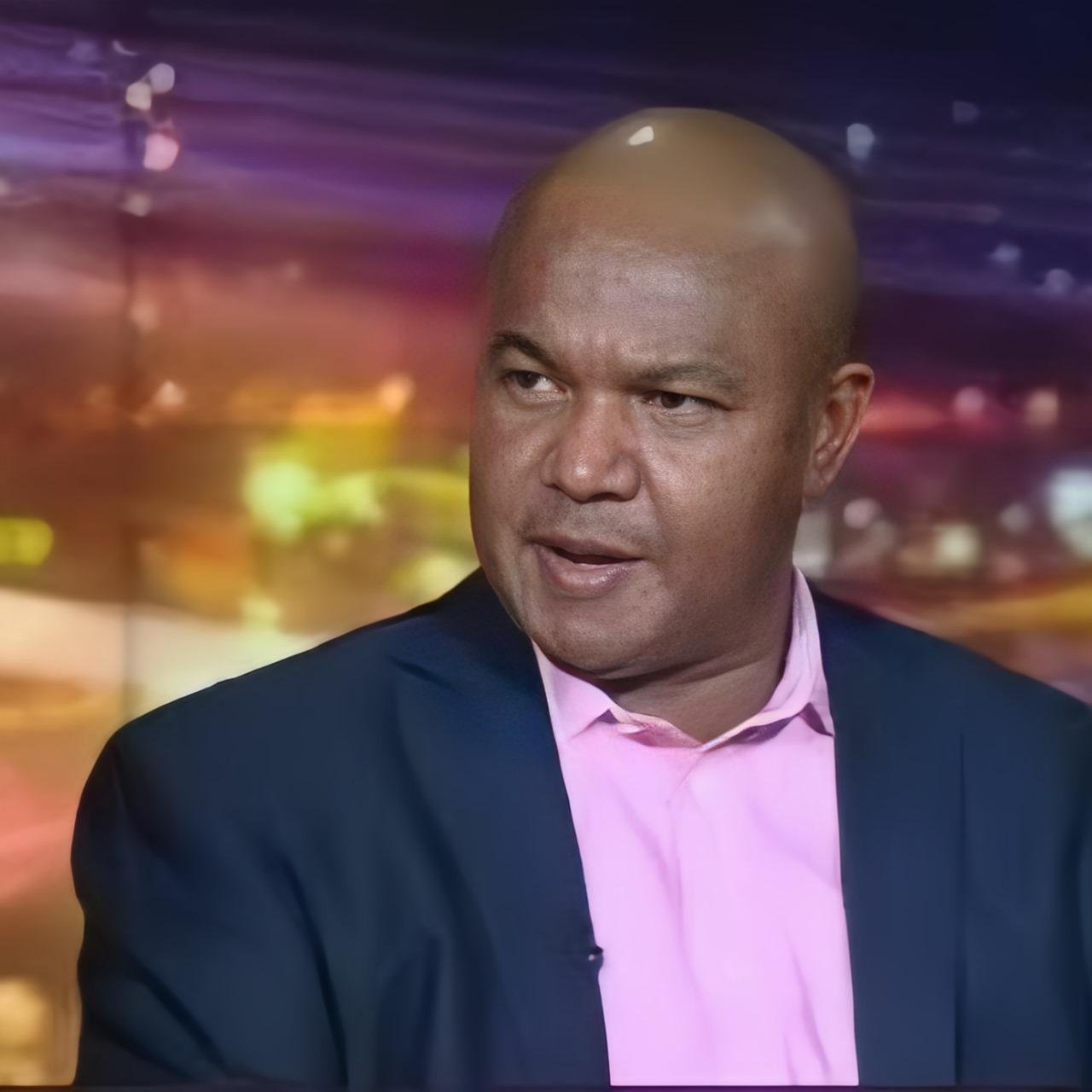SPT – By Moniem Suleiman
There is ongoing debate about the government that will be formed under Sudan’s Founding Charter, which was signed yesterday in the Kenyan capital, Nairobi. While many support it, there are also those who have concerns that this step could lead to the country’s division concerns that are both logical and legitimate, given the recent history of South Sudan’s secession.
Just as the Muslim Brotherhood made unity repulsive to the southerners in the past, they are doing the same now, as they have nothing but empty rhetoric to address issues of diversity, pluralism, and equal, sustainable development. This is their true nature they are inherently treacherous and dishonorable. But where was the civil and political community that is now shedding tears? It was completely absent. It did nothing and failed to initiate any serious, genuine effort to make unity appealing to the southerners at that time.
I still vividly remember the details of July 9, 2011, when I was in the capital, Juba, witnessing the declaration of South Sudan’s secession (independence). I stood among a small group of northerners in front of the tomb of John Garang, the righteous man who sacrificed his life for the unity of the country. We listened to the announcement over a nearby loudspeaker and shed tears by the tomb, mourning a unity we had not worked hard enough to achieve. Therefore, let us learn from what happened and take heed. Let us light the candles of unity instead of crying and cursing the darkness. And let us do it now, before there is no longer a chance.
This relates to the legitimate concerns and how to turn them into a blessing before they become a curse. An important point to note here is that many who have expressed concerns about the unity of the country have not even briefly addressed the signed charter, which I personally believe is the best document ever signed in Sudan’s modern history.
The charter is distinguished by its efficiency, strength, and comprehensiveness. It courageously and thoroughly addresses all the real issues that have long been the main cause for many Sudanese feeling that this country is not their home, and that they are merely guests in it. Among these issues are: managing diversity and pluralism, ensuring that the state does not favor any cultural, ethnic, religious, or regional identity, but instead acknowledges and protects this diversity. It also guarantees the right of citizens in marginalized areas to enjoy their resources and potential, and to actively participate in the central authority, making key decisions that affect their lives, existence, and identity.
These issues were the primary cause of the wars on the peripheries of the country, and without addressing and resolving them, no war will cease, and no rebellion will end.
Speaking of wars, what also caught my attention in the charter and this is significant is the clear condemnation of the October 25, 2021 coup against the civilian transitional government. The charter considers it the main reason for the deterioration of the country’s situation, which has now led to the relentless war we are witnessing today.
This, in addition to confirming what this tragic war has already demonstrated, also carries an explicit acknowledgment from the Rapid Support Forces, who were partners in that coup. This acknowledgment, while significant, also admits to the devastating consequences of military coups on the country, reinforcing the necessity of preventing their recurrence in the future.
The charter leaves no stone unturned, addressing every possible issue, but here we highlight just a few for illustration. Among the most prominent aspects is its unequivocal and clear commitment to establishing a new, just, democratic, and secular Sudanese state. The clarity and courage displayed on this matter are evident what has held the country back is nothing but the fear, hesitancy, and procrastination of its politicians and elites in settling the relationship between religion and the state.
Additionally, the charter emphasizes the necessity of establishing a national army with a new military doctrine that reflects diversity and pluralism, grounded in nationalism and professionalism, and fully subjected to civilian oversight and control. It also stresses that the army must be free from partisanship and ideology and should not interfere in political or economic matters one of the provisions that brings reassurance to Sudanese citizens about the future of their country.
The issue of the army, in the form inherited from colonialism and endorsed by the early national governments since independence, has remained a major obstacle and a stumbling block to Sudan’s progress and the welfare of its people. Instead of fulfilling its professional role, the military became entangled in politics, waged internal wars, and ignited tribal conflicts to maintain power and seize wealth through force and oppression.
In this context, the charter’s treatment of the country’s sovereignty is worth noting, as this issue could not be resolved without addressing the crisis of the military’s foundation. Without any bias or baseless accusations, as is well known to all, national sovereignty was only violated during the eras of authoritarian military rule. Furthermore, the charter does not overlook the necessity of dismantling the National Congress Party and the Islamic Movement, along with their associations, organizations, and fronts, and confiscating all their properties and assets, whether registered in their names or those of their affiliates and organizations, both inside and outside Sudan, in favor of the Sudanese government.
This explains what is mentioned in the charter regarding the cessation of wars, achieving comprehensive peace, ensuring humanitarian aid reaches those in need, and distancing from terrorist organizations. As long as this corrupt, terrorist entity is not dismantled and eradicated once and for all, none of the essential provisions laid out in this founding charter will be realized.
This is just a glimpse of what the charter includes, which I consider as I mentioned to be the most important and clear document ever presented in Sudan’s political landscape. The political history of modern Sudan, with all its constitutional developments, has never seen a document, charter, or agreement more significant than this one, in terms of comprehensiveness, clarity, and strength in proposing solutions to the country’s problems.
Therefore, let us disagree about the government I personally have not yet made up my mind to make a clear and definitive statement about it, and like many others, I remain captive to my fears but I believe that the first step in breaking and confronting these fears is to overcome them. Let the agreement on the charter be the first of these steps.
The unity of the country will not be preserved by exaggerating fears or repeating lamentations, but rather by uniting those in favor of unity first and reaching a common consensus. Let this charter be the common ground we rally around, making it a guarantor of Sudan’s unity rather than a source of its fragmentation.
Personally, I will never be part of any group or entity that seeks to tear the country apart or push it toward secession. For this reason, and no other, I stand with this charter. There is no time to waste the country has been destroyed, its social fabric eroded, and there is little left to heal the wounds and repair the fabric that has been torn apart. Let us work together to make unity this time appealing, not repulsive, and let us start with this charter, the Founding Charter of Sudan.
May God protect Sudan.





